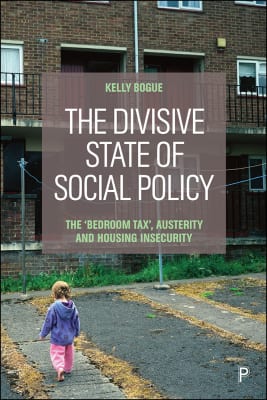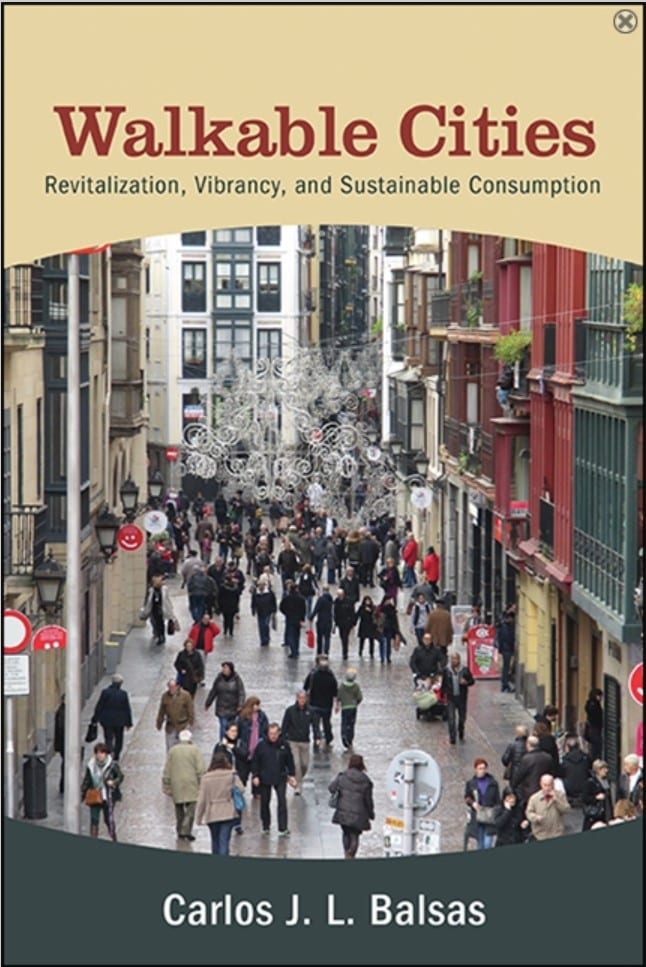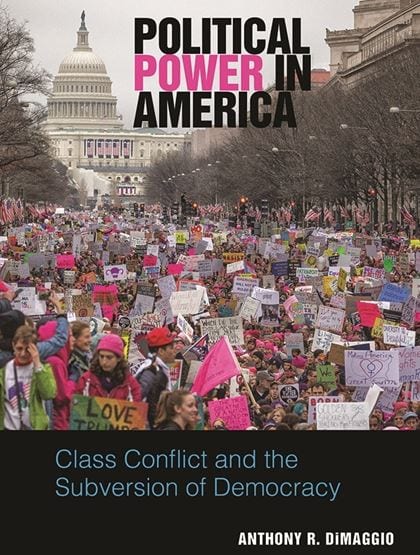
European Prevention Curriculum: A handbook for decision-makers, opinion-makers and policy-makers in science-based prevention of substance use

news, new scholarship & more from around the world

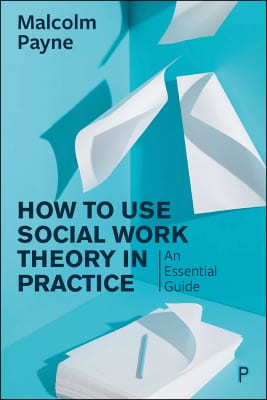
In this clear and systematic book covering both general practice concepts and theoretical insights, best-selling author Malcolm Payne shows you how to work with the main theories and practice techniques and pinpoint their strengths and limitations.
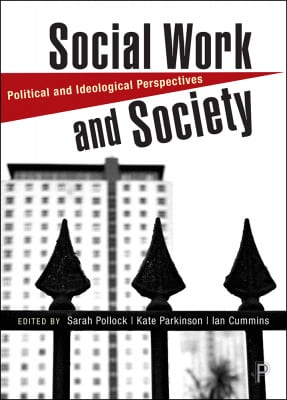
It is essential that social work students understand the lasting impact political decision making can have on service users, yet little guidance exists on this subject. This valuable book provides a comprehensive introduction to politics in social work, unifying the themes of political ideology and social construction across several areas of social work practice, including emerging areas of practice.

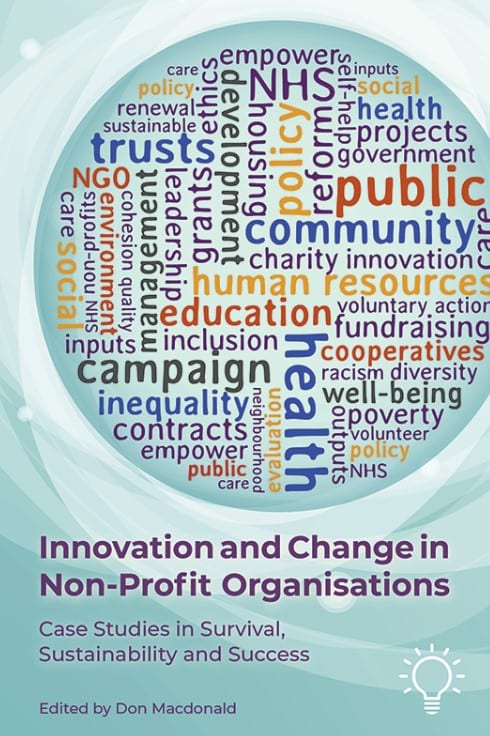


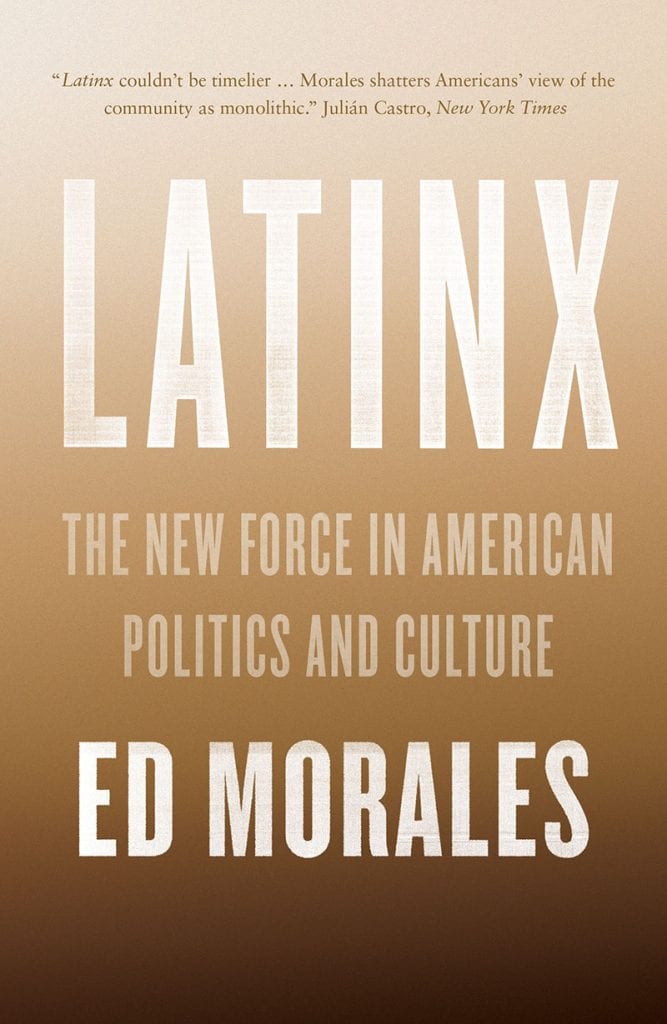
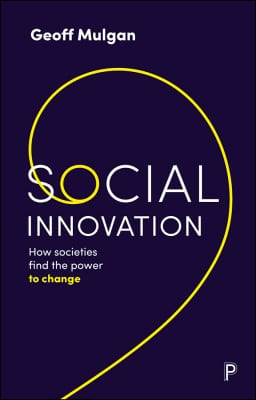
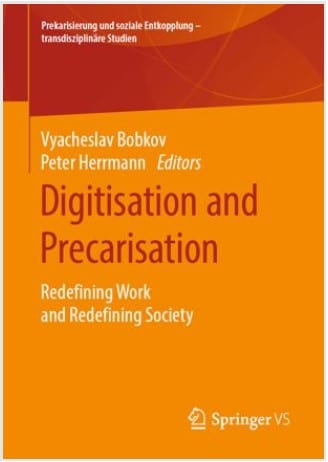
Currently it is fashionable to talk about digitisation, robotisation, industry 4.0, but also about the gig economy, the Millenials, precarisation and the like. However, too often the relevant issues are taken in isolation, very much caught in traditional terms. The present collection aims on providing some thoughts that allow going further, on the one hand by qualifying some of the aspects, and on the other hand by taking a view that approaches the topic from distinct perspectives in order to arrive at an assessment of emerging societal changes.
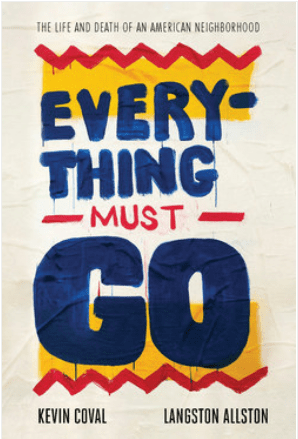
Award-winning poet Kevin Coval and graphic artist Langston Allston bear witness to the effects of gentrification in a Chicago neighborhood.
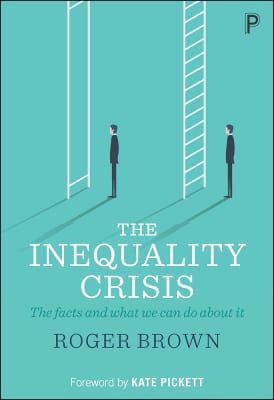
Roger Brown concludes by discussing whether current UK government policies will actually help reduce inequality and offers practical suggestions for what can be done, such as raising taxes on higher earners, tougher action against tax avoiders, helping people on lower incomes to save, and reducing inequalities in education.


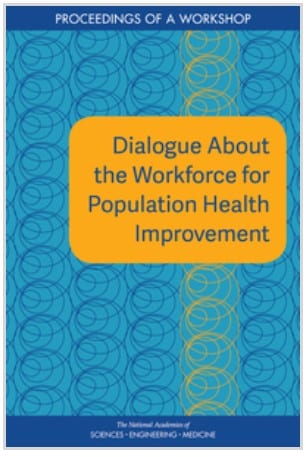

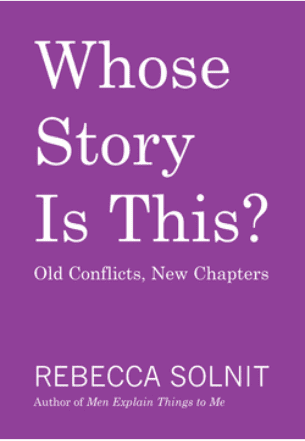
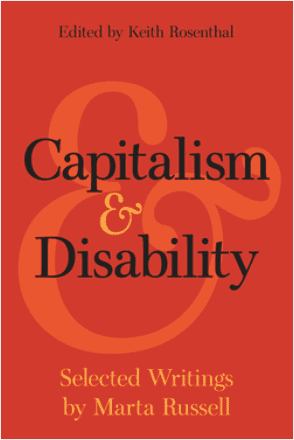
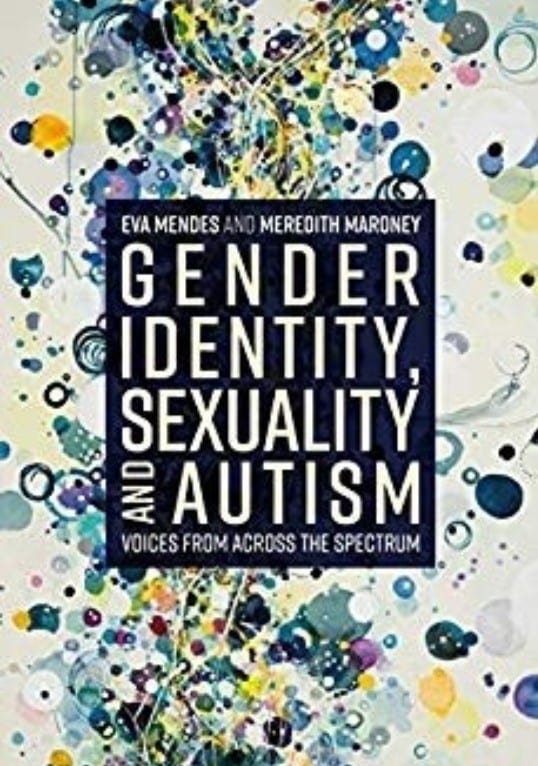
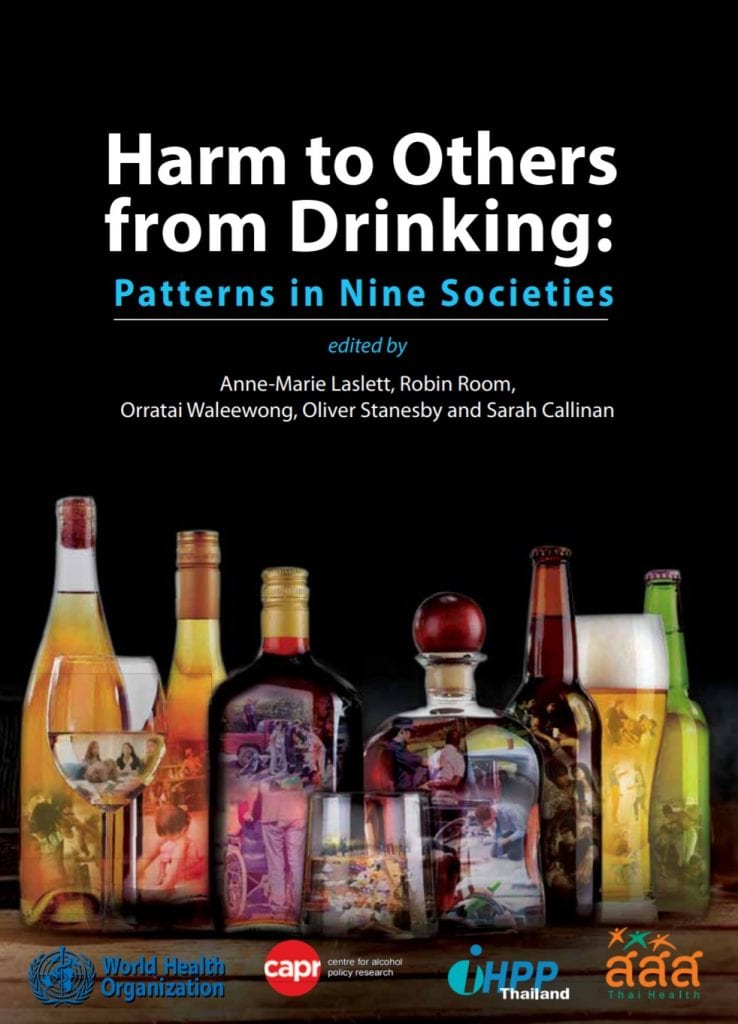



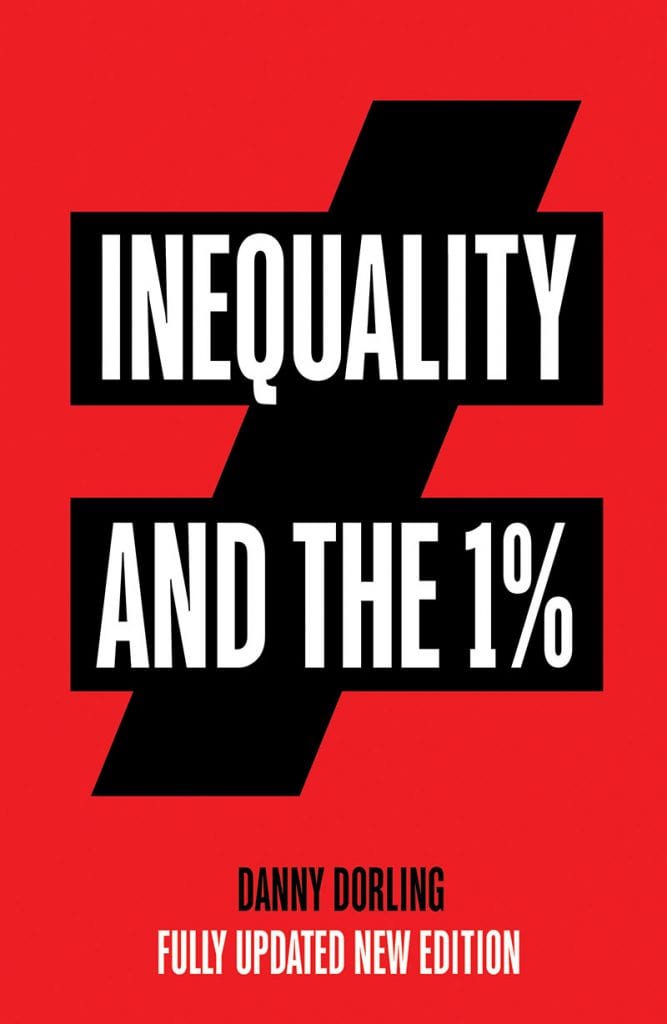

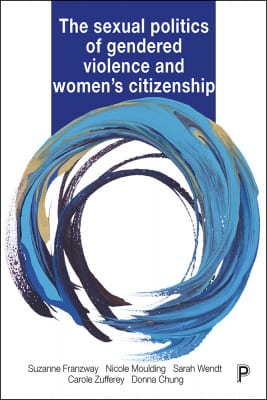

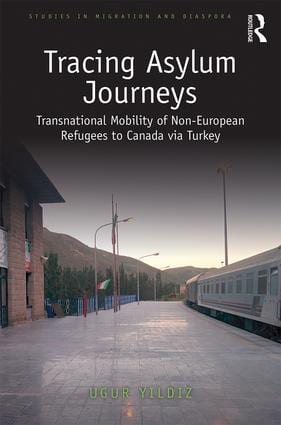
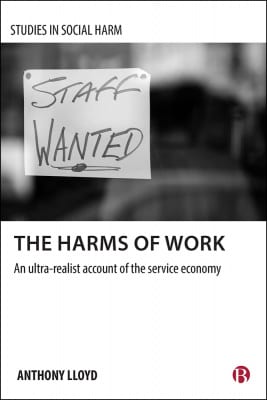



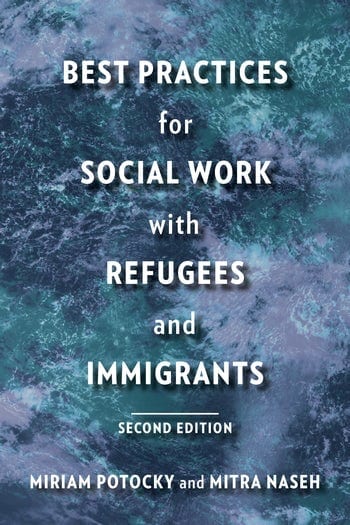
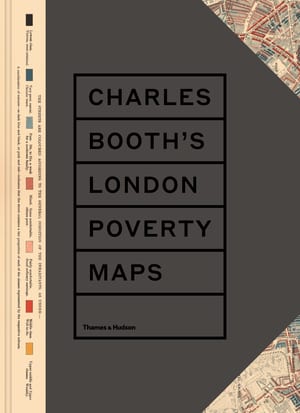
In the late nineteenth century, Charles Booth’s landmark social and economic survey found that 35 percent of Londoners were living in abject poverty. Booth’s team of social investigators interviewed Londoners from all walks of life, recording their comments, together with their own unrestrained remarks and statistical information, in 450 notebooks. Their findings formed the basis of Booth’s color-coded social mapping (from vicious and semi-criminal to wealthy) and his seventeen-volume survey Inquiry into the Life and Labour of the People of London, 1886-1903.
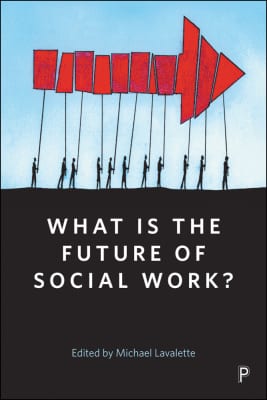
Social work is under unprecedented pressure as a result of funding cuts, political interventions, marketisation and welfare transformations which, combined, are dramatically reshaping the relationship between individuals and the welfare state.
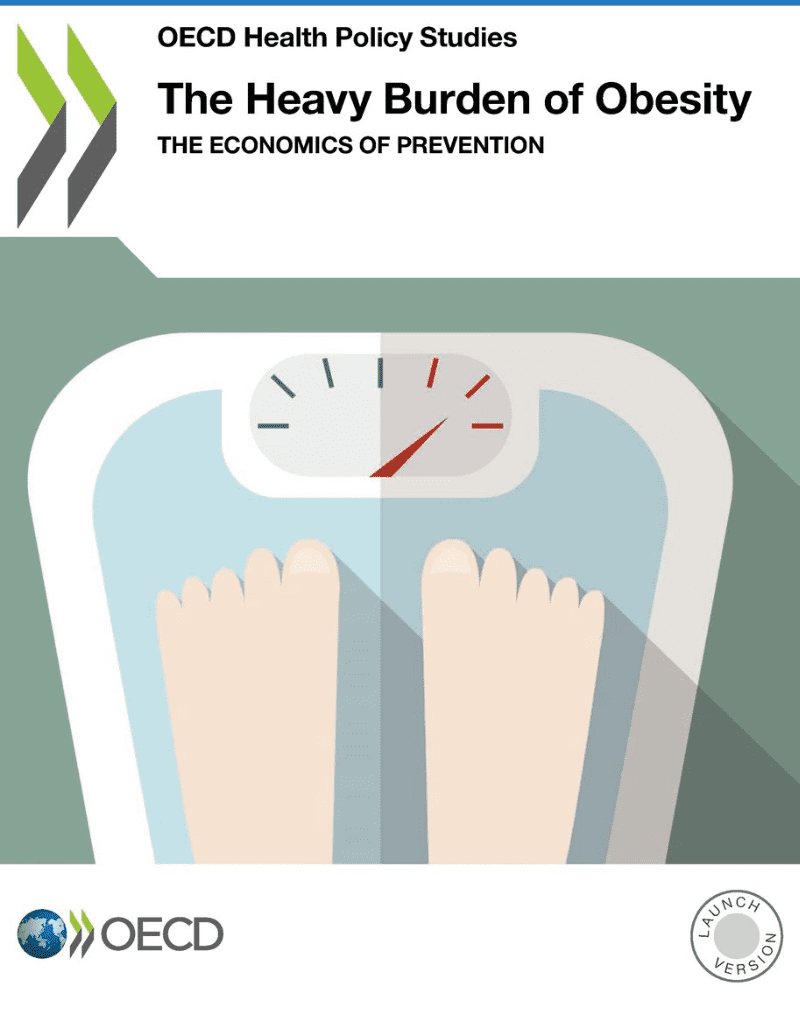


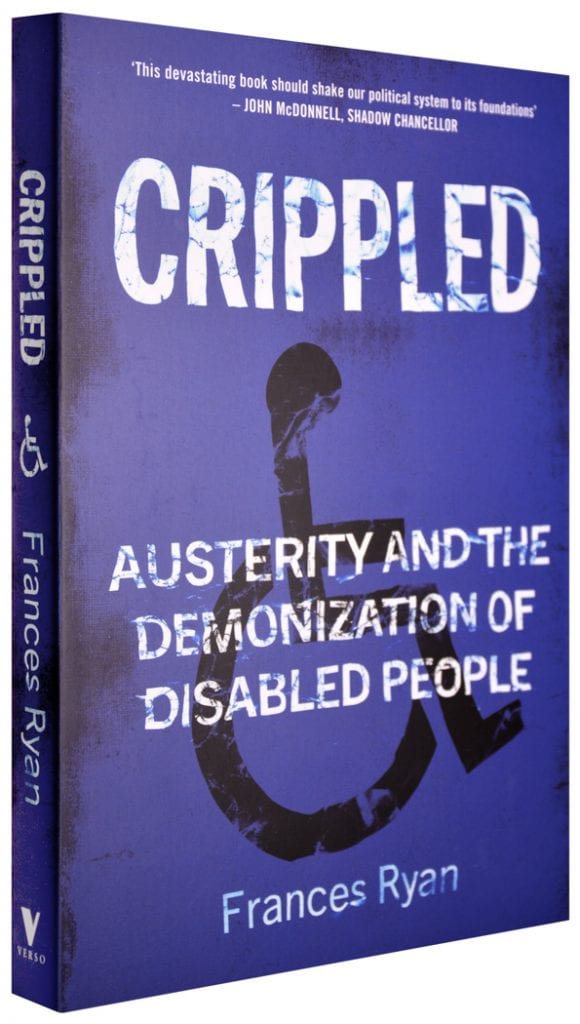
In austerity Britain, disabled people have been recast as worthless scroungers. From social care to the benefits system, politicians and the media alike have made the case that Britain’s 12 million disabled people are nothing but a drain on the public purse. In Crippled, journalist and campaigner Frances Ryan exposes the disturbing reality, telling the stories of those most affected by this devastating regime.



WHILE READING Peter Pomerantsev’s new book, I kept experiencing the strange feeling that Marx and Engels were whispering in my ear:
The bourgeoisie cannot exist without constantly revolutionising the instruments of production, and thereby the relations of production, and with them the whole relations of society. […] Constant revolutionising of production, uninterrupted disturbance of all social conditions, everlasting uncertainty and agitation distinguish the bourgeois epoch from all earlier ones. All fixed, fast-frozen relations, with their train of ancient and venerable prejudices and opinions, are swept away, all new-formed ones become antiquated before they can ossify. All that is solid melts into air, all that is holy is profaned, and man is at last compelled to face with sober senses his real conditions of life, and his relations with his kind.
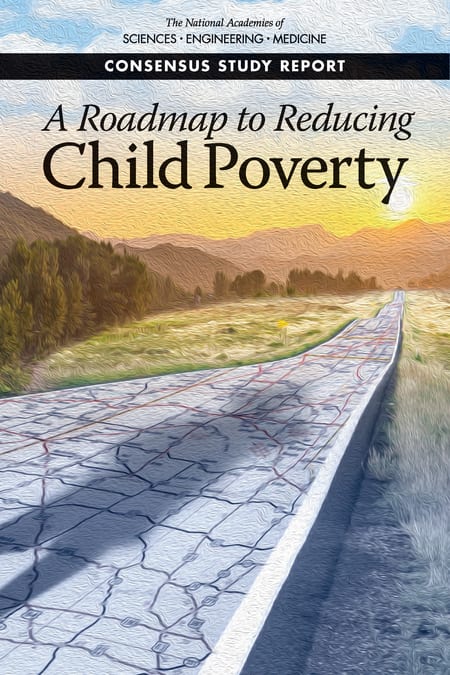
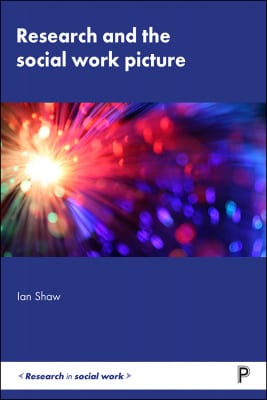
This first book in the Research in Social Work series, published in association with the European Social Work Research Association, provides an accessible way to think about this question. Drawing on evidence from across Europe, Asia and the USA, it covers how research is conducted, used, and perceived.
